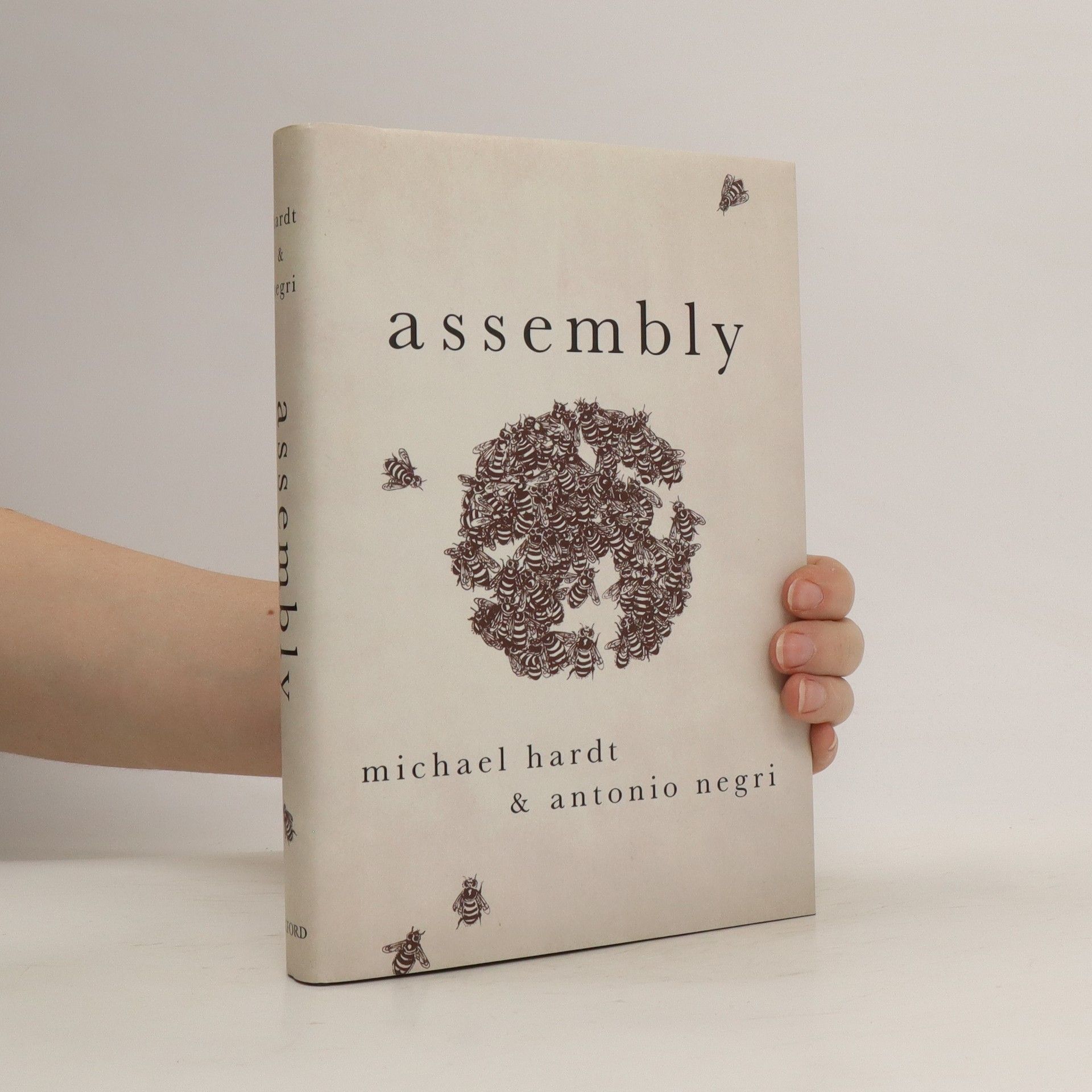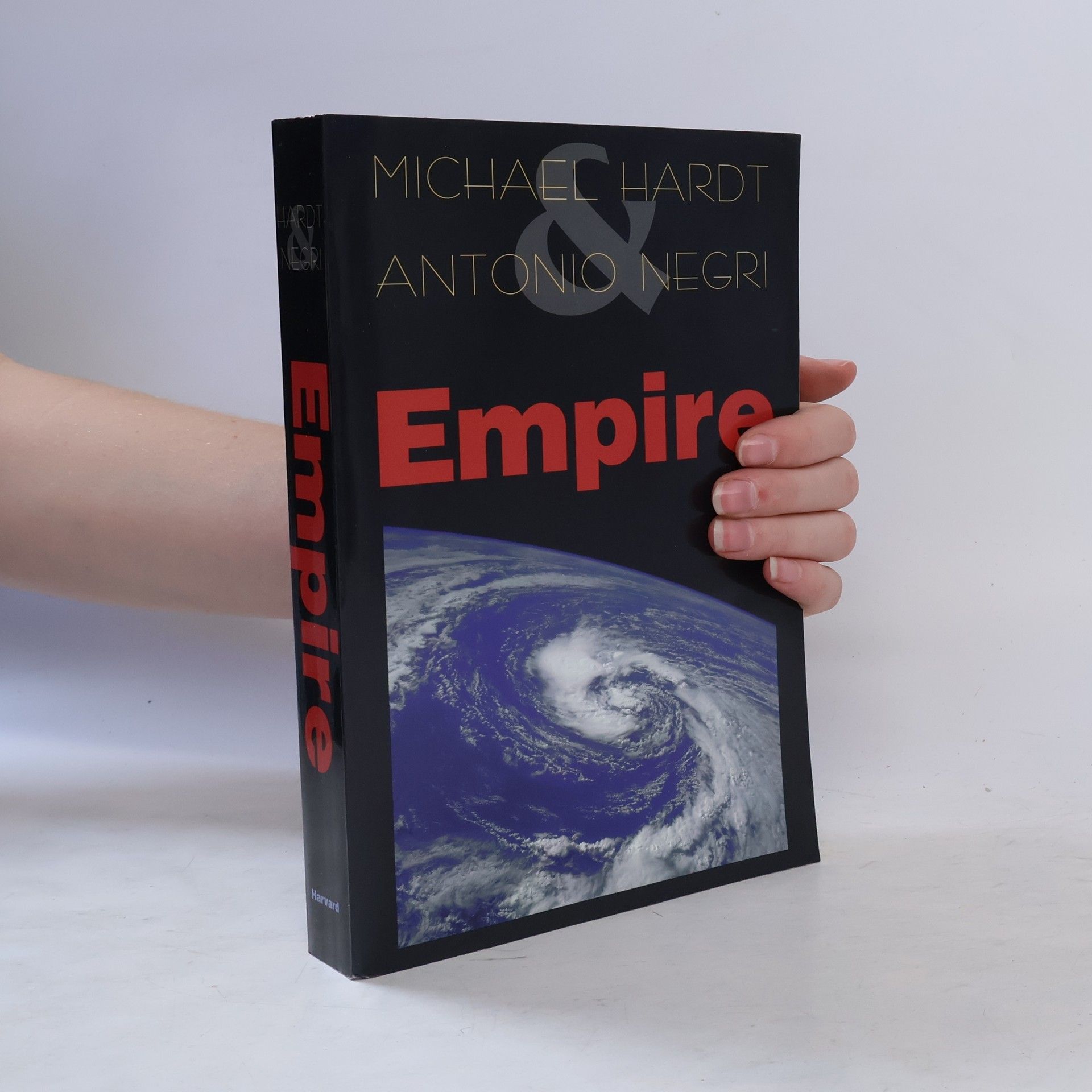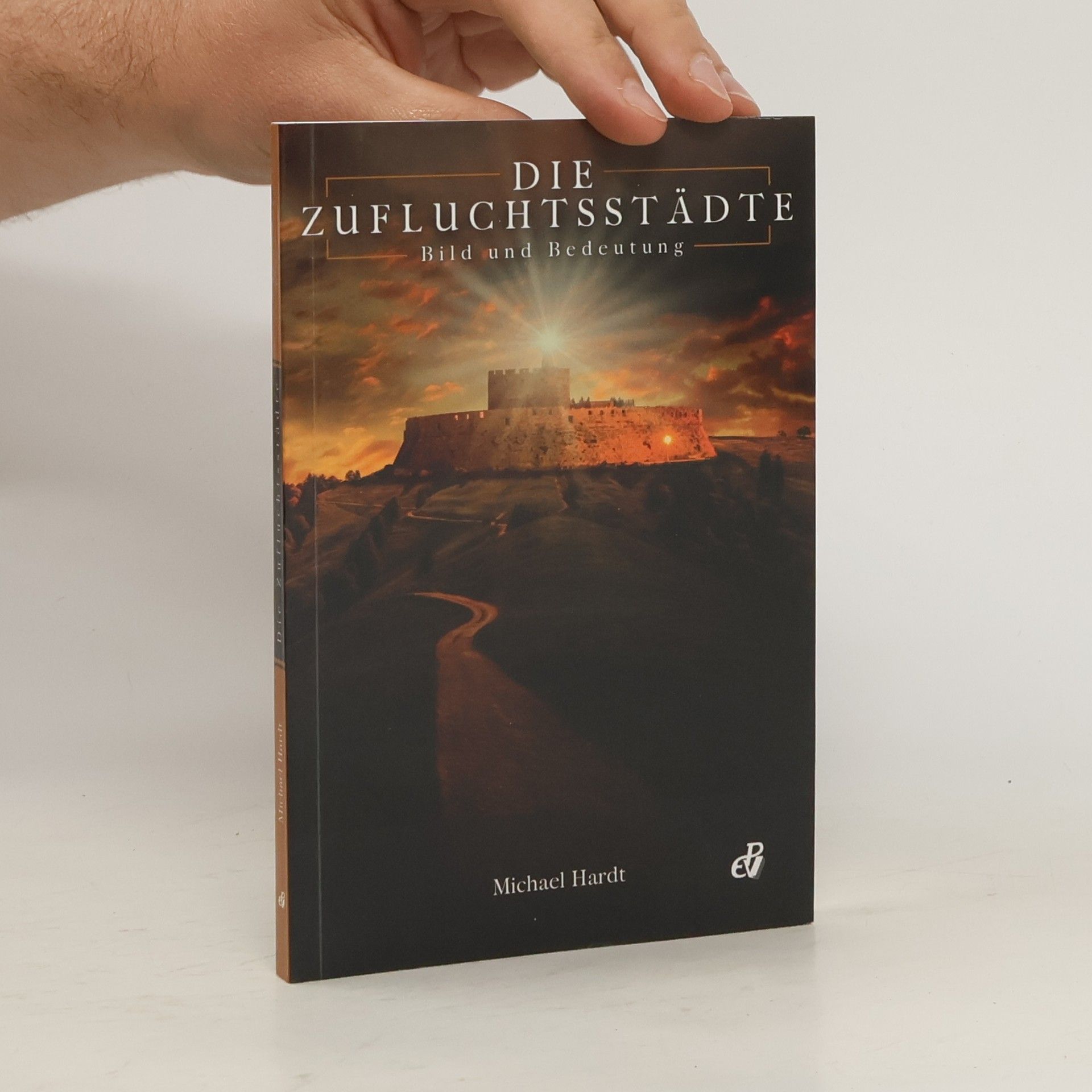Assembly (NiP)
- 368 stránek
- 13 hodin čtení
Each year an eruption of leaderless social movements leaves external observers and activists perplexed. Why have the movements, which address the needs and desires of so many, not been able to achieve lasting change? In Assembly, Michael Hardt and Antonio Negri analyze potential paths for creating a more democratic and just society.







